Bachelor of Social Science - Addictions and Mental Health (Honours)

学历文凭
Bachelor Degree with Honours

专业院系
Department of Social and Community Services

开学时间

课程时长

课程学费

国际学生入学条件
IDP—雅思考试联合主办方

雅思考试总分
6.5
- 雅思总分:6.5
- 托福网考总分:84
- 托福笔试总分:560
- 其他语言考试:PTE - 58 - 60
CRICOS代码:
申请截止日期: 请与IDP联系 以获取详细信息。
课程简介
相关申请
 预科
预科 奖学金
奖学金 实习机会
实习机会 在校学习
在校学习 跨境学习
跨境学习 校园授课-线上开始
校园授课-线上开始 在线/远程学习
在线/远程学习
开学时间&学费
学费信息仅供参考,请与IDP联系以获取详细信息
| 开学时间 | 时长 | 学费 | 地点 |
|---|
关于汉博学院

汉博理工学院位于加拿大多伦多市,50多年来一直是国际知名的以职业为导向的教育机构。学院拥有三个先进的校区,是加拿大最大的理工学院之一,拥有超过86000名学生,其中包括超过10000名国际学生。学院提供将课堂学习与实践经验相结合的课程,将当前的行业趋势和解决问题的技能融入其多样化的课程体系中。多伦多是加拿大最大的城市,拥有300万人口,是重要的国际留学目的地。它拥有加拿大最大、最繁忙的机场,吸引着来自世界各地的学生。原因显而易见,多伦多是北美生活质量第三佳城市(《经济学人智库》2023年宜居指数),也是全球第二安全的城市(《经济学人智库》2021年安全城市指数)。汉博理工学院的课程设置围绕五大核心价值观:勇气、创新、公平、健康与福祉以及可持续性。这些价值观引领着学校的使命,即为每位学生提供高质量的教育以及包容和支持性的环境,使他们能够充分发挥学术、个人和职业潜力。
本校相关课程

印刷和网络图形设计成就证书
学历文凭
Bachelor Degree
开学日期
课程费用总额


平面设计高级文凭
学历文凭
Bachelor Degree
开学日期
课程费用总额


摄影文凭
学历文凭
Bachelor Degree
开学日期
课程费用总额

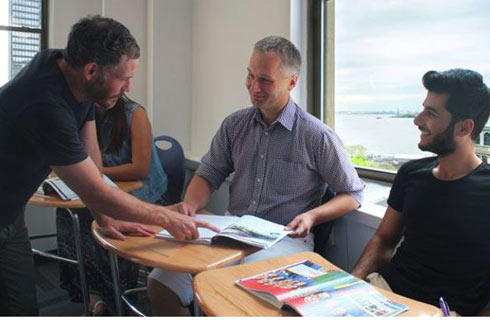
广播文凭-广播
学历文凭
Bachelor Degree
开学日期
课程费用总额


广播电视/录像学文凭
学历文凭
Bachelor Degree
开学日期
课程费用总额

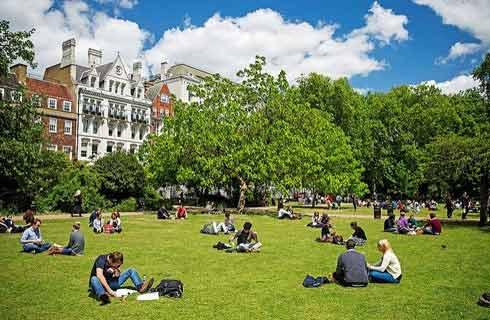
广告与平面设计大专文凭
学历文凭
Bachelor Degree
开学日期
课程费用总额

其他相关课程
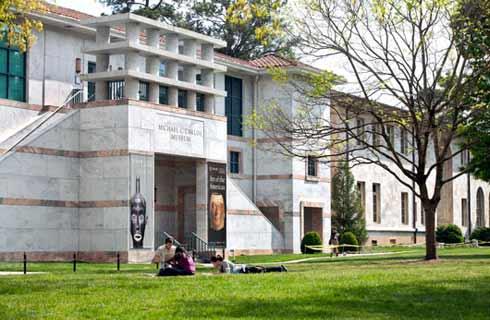
Master of Science in Sociology - Health and Aging
 佛罗里达州立大学
佛罗里达州立大学泰晤士高等教育世界大学排名:308
学历文凭
Masters Degree
开学日期
课程费用总额

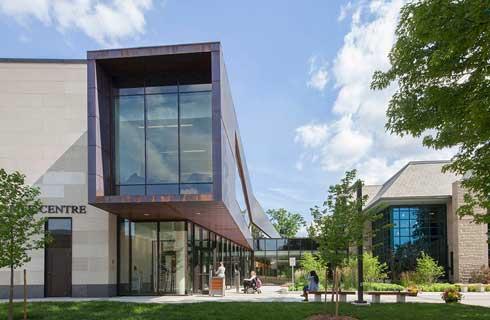
Bachelor of Applied Science - Community and Mental Health
 德州农工大学柯柏斯克里斯提分校
德州农工大学柯柏斯克里斯提分校学历文凭
Bachelor Degree
开学日期
课程费用总额

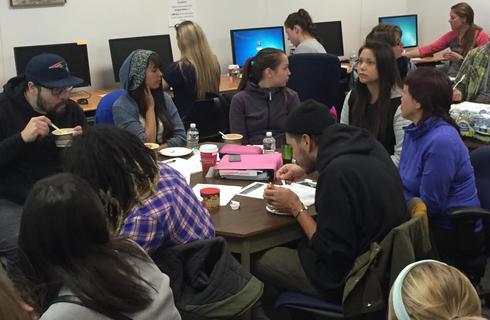
Advanced Certificate in Clinical Mental Health Counseling
 长岛大学波斯特分校
长岛大学波斯特分校学历文凭
Graduate Certificate
开学日期
课程费用总额


咨询与发展教育硕士-临床心理健康咨询
 乔治梅森大学
乔治梅森大学泰晤士高等教育世界大学排名:426
学历文凭
Masters Degree
开学日期
课程费用总额


Master of Arts in Counseling for Mental Health and Wellness
 纽约大学
纽约大学泰晤士高等教育世界大学排名:32
学历文凭
Masters Degree
开学日期
课程费用总额


心理健康哲学博士
 约翰霍普金斯大学
约翰霍普金斯大学泰晤士高等教育世界大学排名:16
学历文凭
Ph.D.
开学日期
课程费用总额










 加拿大
加拿大